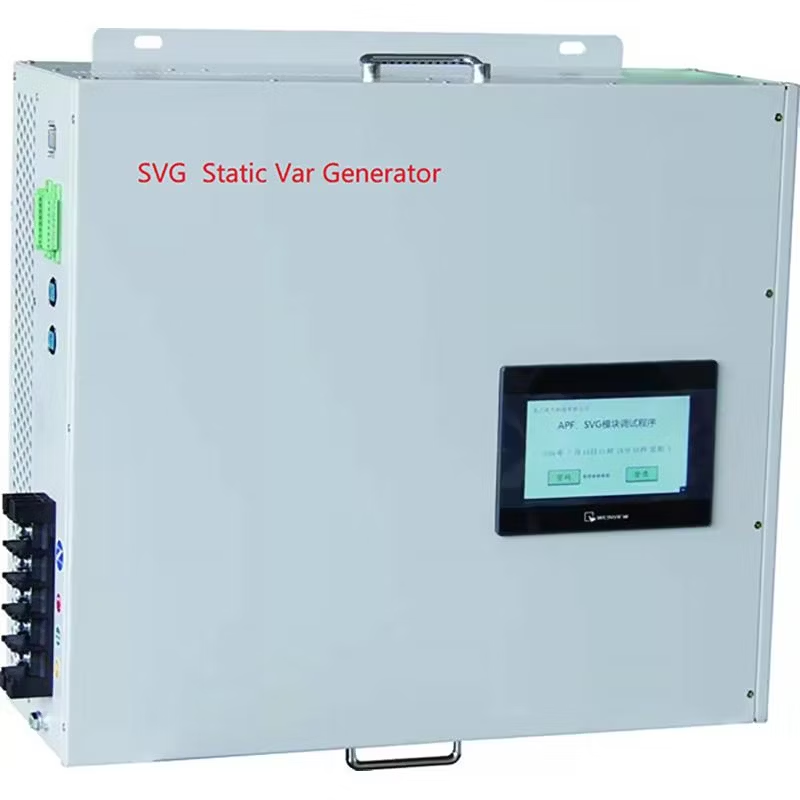
Reactive power compensation is the process of mitigating the effects of reactive power in an electrical system. Reactive power, also known as imaginary power, is the power that oscillates between the source and the load without performing any useful work. It is caused by inductive or capacitive loads in the system, such as motors, transformers, and capacitors. Without proper compensation, reactive power can lead to voltage fluctuations, power factor issues, increased energy consumption, and reduced system efficiency.
In today's fast-paced and technology-driven world, the demand for energy-efficient power solutions is higher than ever. Businesses and industries are constantly seeking ways to improve their energy management practices and minimize their environmental impact. This is where reactive power compensation comes into play. By effectively managing and compensating for reactive power, businesses can reduce energy losses, improve power factor, enhance system reliability, and ultimately lower their operating costs.
Tianjin Yiy Electrical Co., Ltd. is a high-tech enterprise dedicated to the research and development and intelligent manufacture of electronic and electrical technologies. The company provides core power equipment and system solutions for the Internet of Things for Energy, including a range of products such as inverters, LiFePO4 battery packs, energy storage systems, solar charger controllers, AC chargers, automatic voltage regulators, power conversion systems, active harmonic filters, static var generators, and power quality correction devices. With a focus on reliability, intelligence, and environmental protection, Tianjin Yiy Electrical Co., Ltd. aims to continuously bring out more competitive products to meet market demand.
The products offered by Tianjin Yiy Electrical Co., Ltd. play a vital role in reactive power compensation and power quality improvement. For instance, the automatic voltage regulators (AVRs) help regulate voltage levels, ensuring a steady and stable power supply to critical equipment and processes. The static var generators (SVGs) manage reactive power flow, maintaining optimal power factor and reducing system losses. Additionally, power quality correction devices (SPCs) help mitigate harmonic distortion and other power quality issues, ensuring a clean and reliable power supply for sensitive electronic equipment.
As businesses and industries continue to prioritize energy efficiency and environmental sustainability, the demand for advanced reactive power compensation solutions is expected to rise. Companies like Tianjin Yiy Electrical Co., Ltd. are well-positioned to address this demand with their innovative and reliable products. By leveraging these technologies, businesses can not only improve their energy efficiency and reduce operational costs but also contribute to a more sustainable and resilient power infrastructure.
In conclusion, understanding the meaning and importance of reactive power compensation is crucial for businesses and industries striving to optimize their power systems and enhance energy efficiency. With the right technologies and solutions, companies can effectively manage reactive power, improve power quality, and achieve significant cost savings in the long run. As the market for reactive power compensation solutions continues to grow, companies like Tianjin Yiy Electrical Co., Ltd. are poised to play a vital role in shaping the future of energy management and power system optimization.
